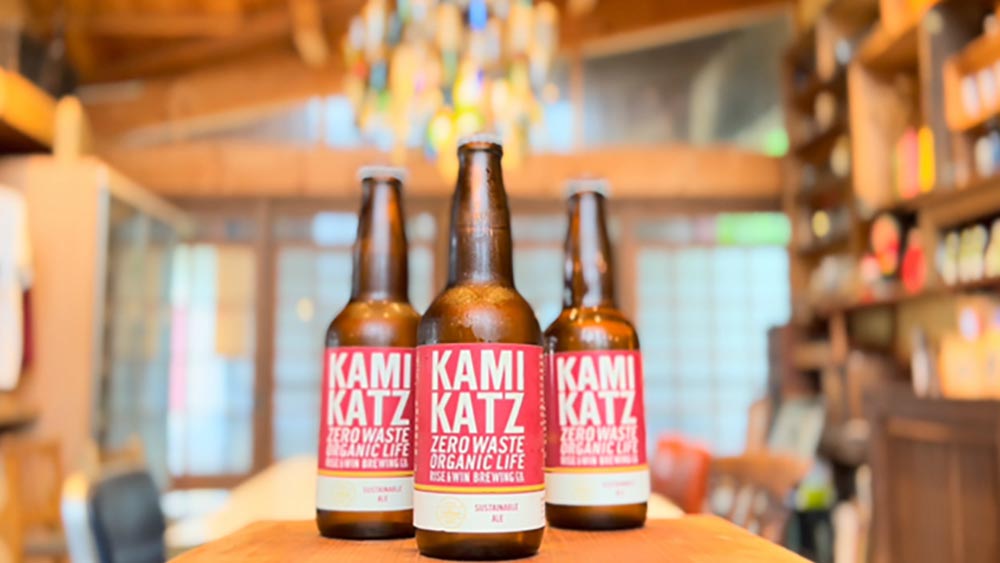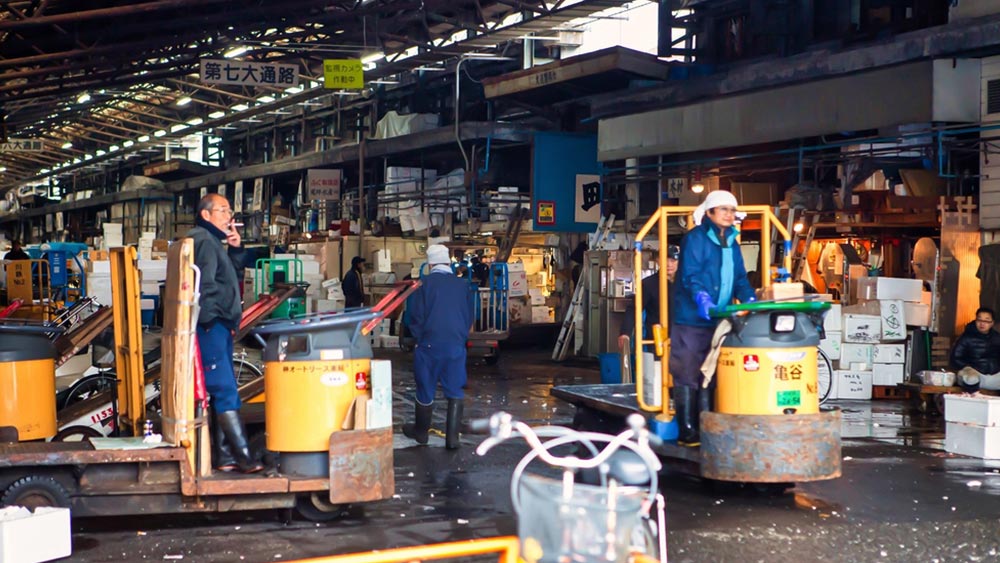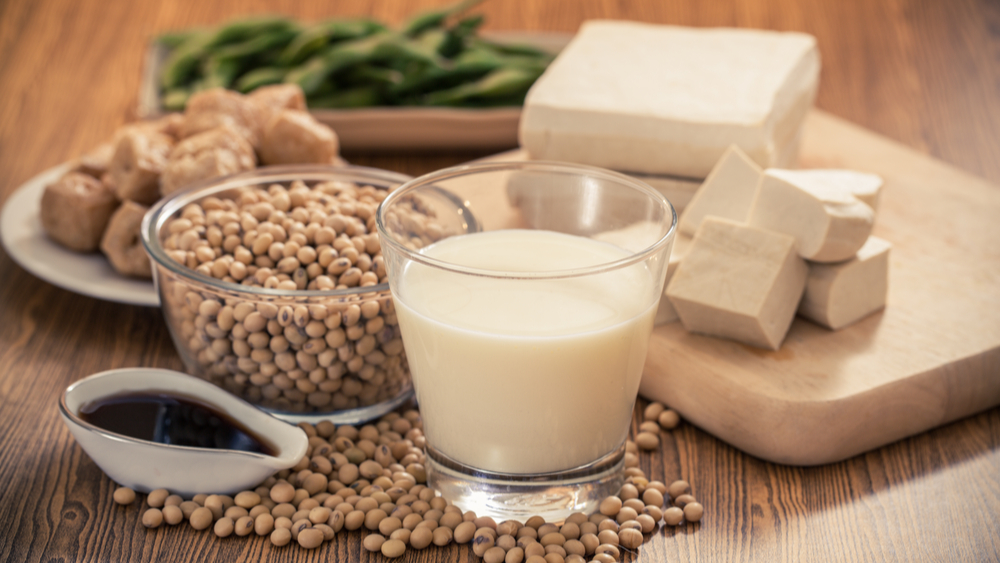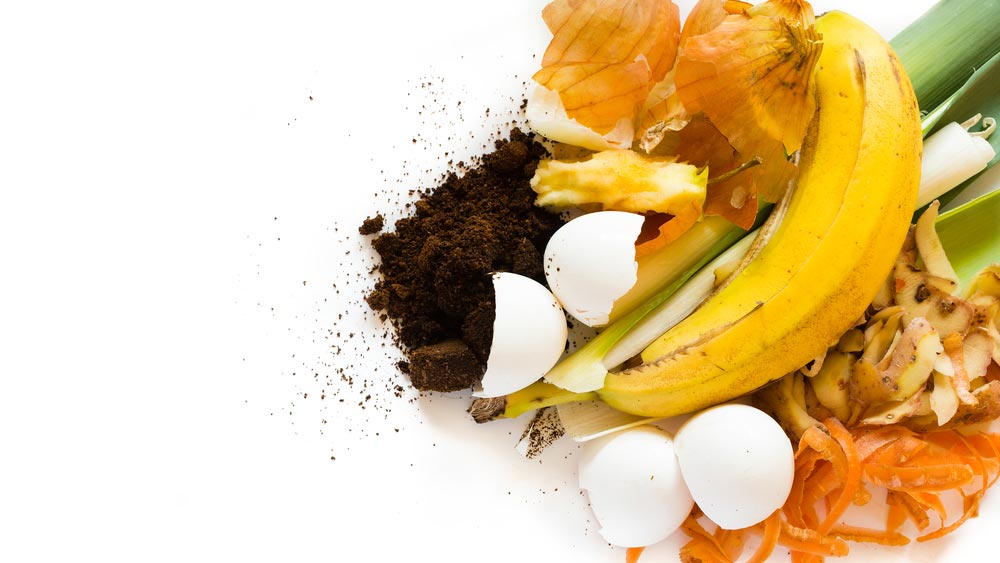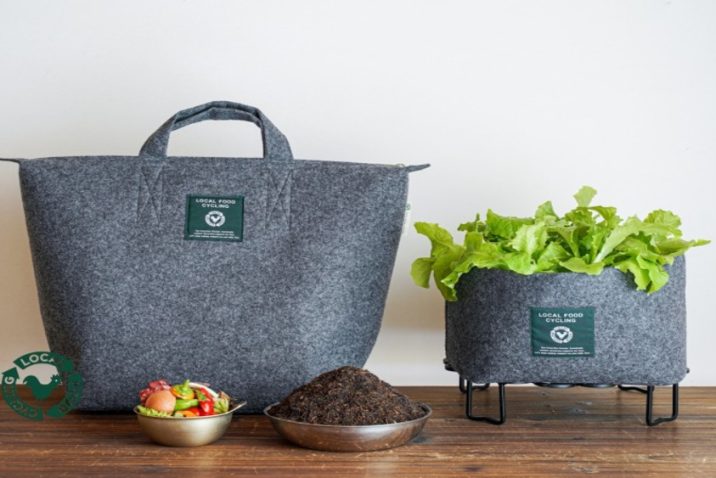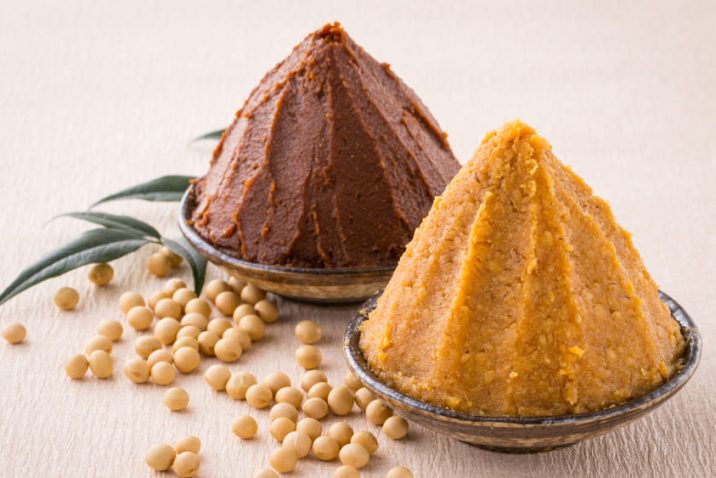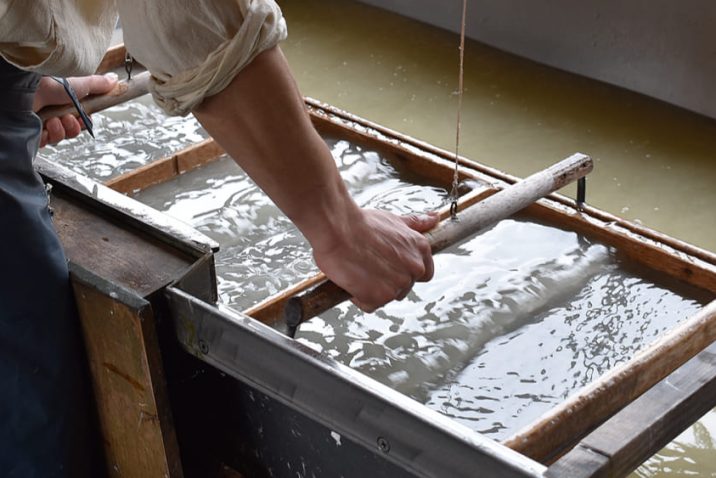Cookpad, an online platform to share food recipes, begins experimenting, including selling Lawson’s unsaleable convenience store food on their Cookpad Mart. Cookpad Mart is a platform installed at over 100 Lawson stores. It allows users to...
RISE & WIN Brewing Co. KAMIKATZ, the beer brewer from Zero Waste Town Kamikatsu, has created a completely circular beer, the reRise Pale Ale. KAMIKATZ has been striving to achieve zero waste in its operations, and the new brew moves it closer to...
Japan’s food system is highly dependent on imports and has a self-sufficiency ratio of just 38% on a caloric basis. On top of this, Japanese households on average throw away almost 40% of edible food. Shifting Japan’s food system to a more circular...
*This article contains affiliate links. “There is a fortune in leftovers” is a famous Japanese proverb. Tofu, miso, soy sauce, soy milk, natto and other foods made from soybeans are indispensable to the Japanese diet. However, did you know...
Food waste is something you can’t avoid every time you cook. How to deal with it is an issue, especially in the summer when odors and flies can be problematic. This is where food waste disposers come in, dealing with your food garbage...
Food waste is one of many issues we need to tackle as a society. Some may already know one of the solutions lies in composting. In Japan, more than 40% of household waste is categorized as food waste. Ultimately, composting can help reduce CO2...
Preserved foods are foods that can be left at room temperature for an extended period of time and still be eaten, and they exist in all regions. Preserved foods can last longer by drying them, using salt, sugar and vinegar, or soaking them in oil or...
A power plant, Tohoku Bio Food Recycle, that generates electricity from food waste has started in Sendai, Miyagi prefecture. It generates electricity using methane gas as fuel, which is generated when microorganisms ferment food waste. The food...
Too often, food is thrown away when it could originally have been eaten. Reducing such food waste is one of the major social issues today. According to the Ministry of Agriculture, Forestry and Fisheries of Japan, approximately 5.70 million tons of...
Paper has been an intimate part of Japanese life and culture for more than a millennium. Paper made by traditional Japanese methods is called “washi.” Handmade washi paper has a warm texture, as well as resilience and durability that...



